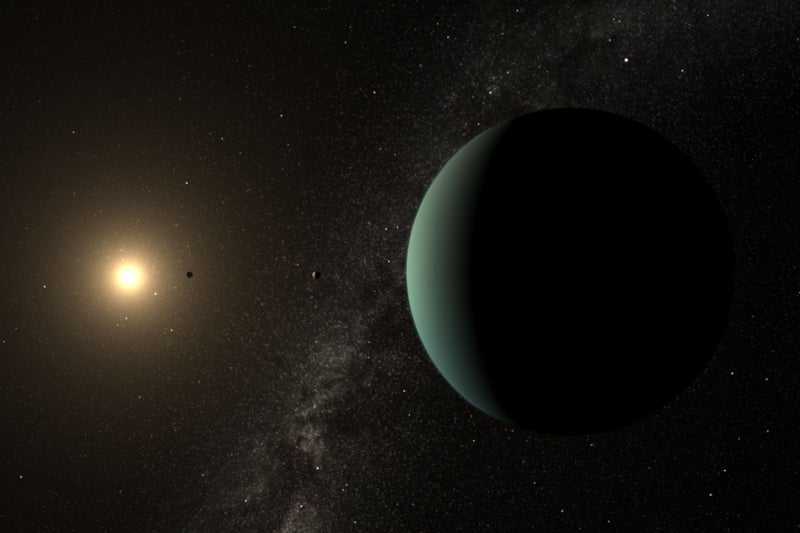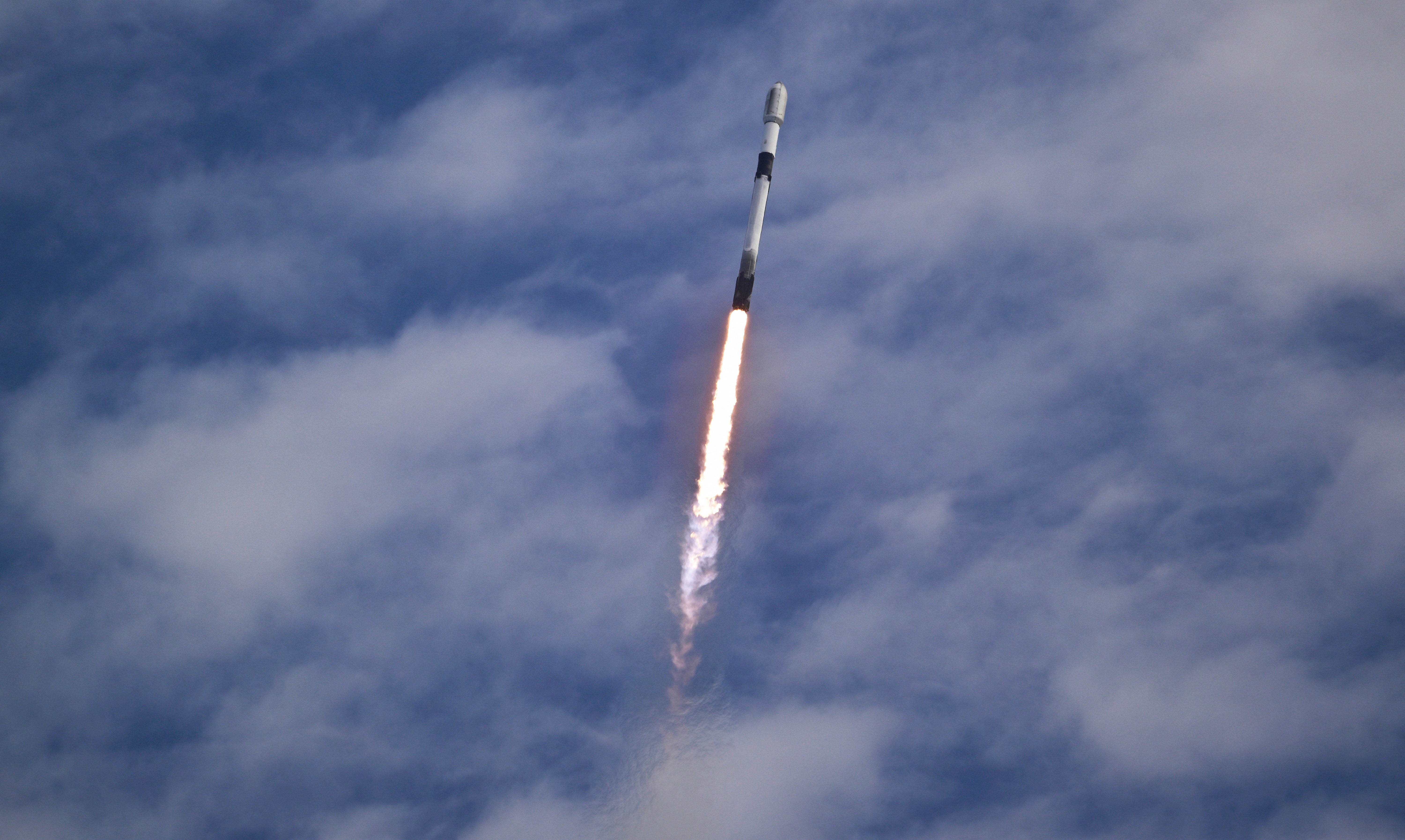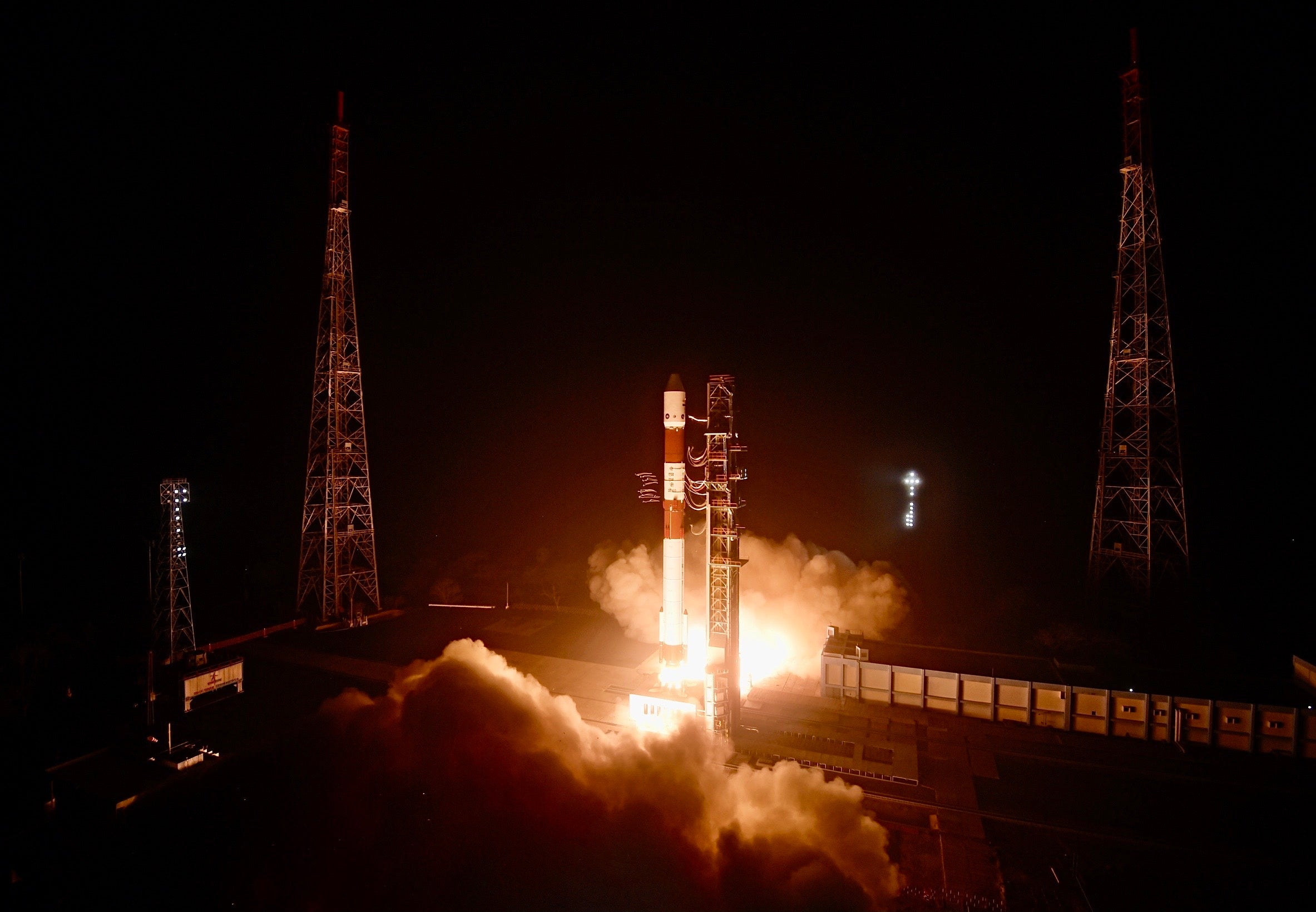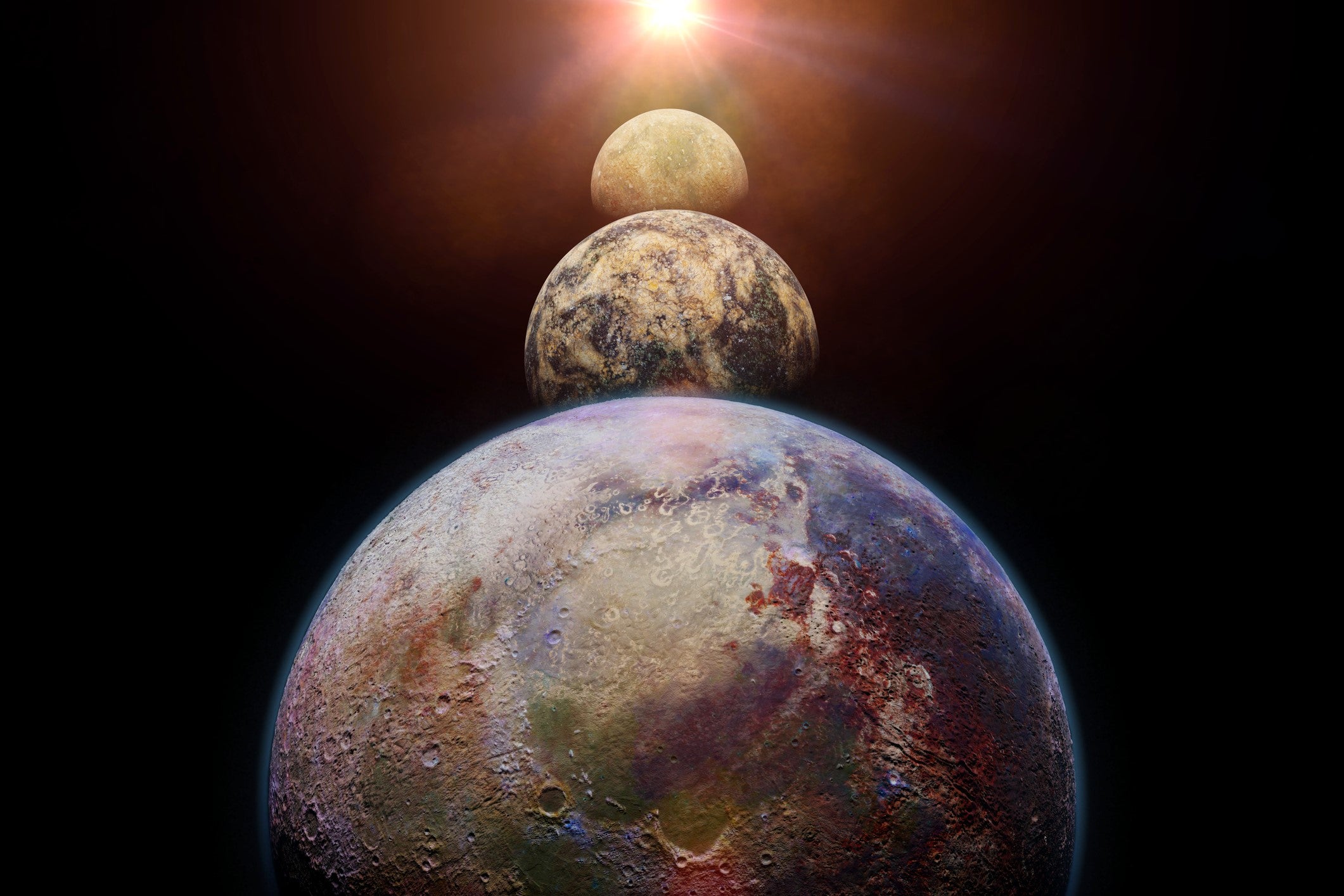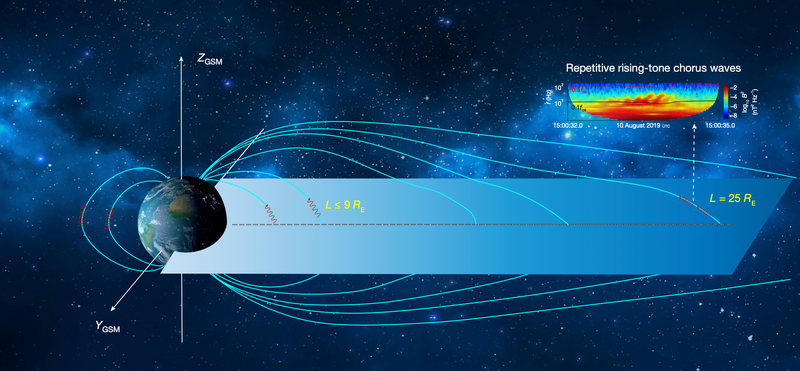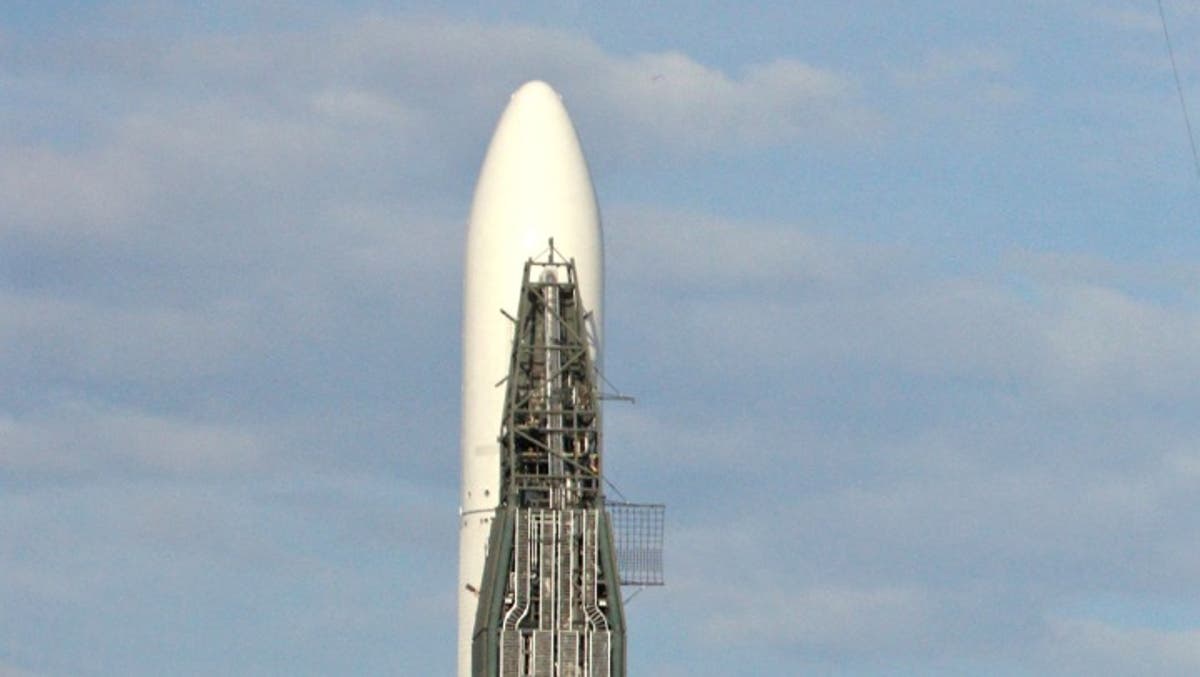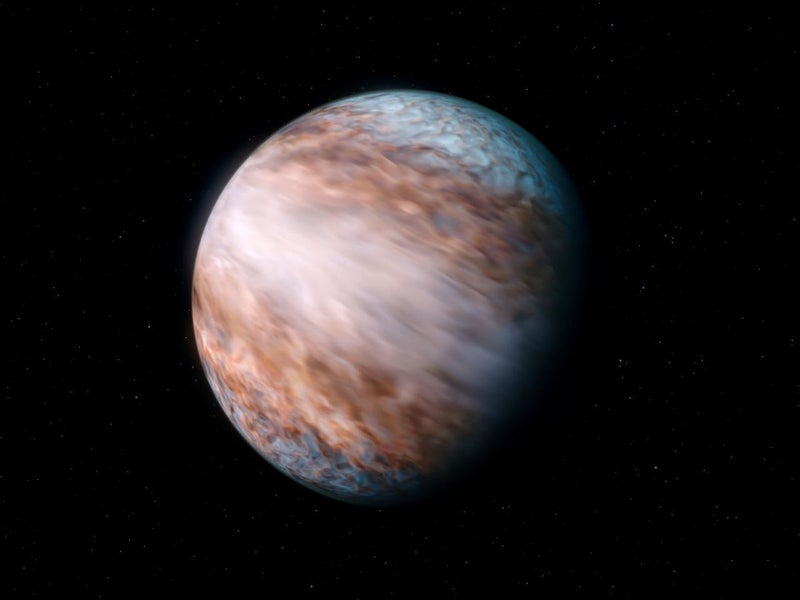Scientists discover ‘super-Earth’ planet that may be suitable for life
Scientists discover ‘super-Earth’ planet that may be suitable for life
Share:
Scientists have discovered a “super-Earth” planet that may have conditions suitable for life, according to the University of Oxford. The exoplanet – a planet outside our solar system – has a mass six times greater than that of Earth, and orbits in the “habitable zone” of a nearby star similar to our sun 20 light-years away from our solar system.
Orbiting in the zone means the planet, named HD 20794 d, is at the right distance from the star to sustain water on its surface, but because this distance changes over the course of its elliptical rather than circular orbit it is too early to say whether it could host life.
Dr Michael Cretignier, a postdoctoral research assistant in the Department of Physics at the University of Oxford, first identified a possible signal for the exoplanet in 2022 while analysing archived data recorded by the High Accuracy Radial Velocity Planet Searcher spectrograph at the La Silla Observatory in Chile.
An international team of researchers went on to analyse two decades of observations to confirm the discovery. “We worked on data analysis for years, gradually analysing and eliminating all possible sources of contamination,” Dr Cretignier said. “For me, it was naturally a huge joy when we could confirm the planet’s existence.
“It was also a relief, since the original signal was at the edge of the spectrograph’s detection limit, so it was hard to be completely convinced at that time if the signal was real or not. “Excitingly, its proximity with us (only 20 light-years) means there is hope for future space missions to obtain an image of it.”.
